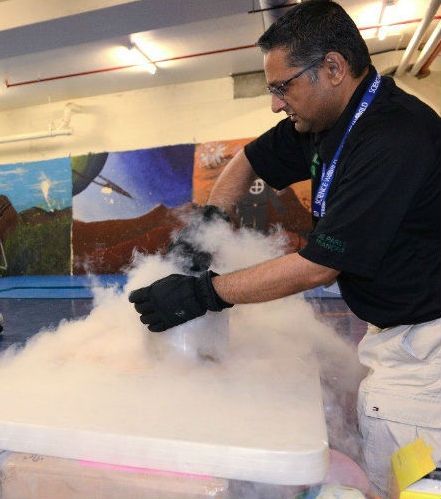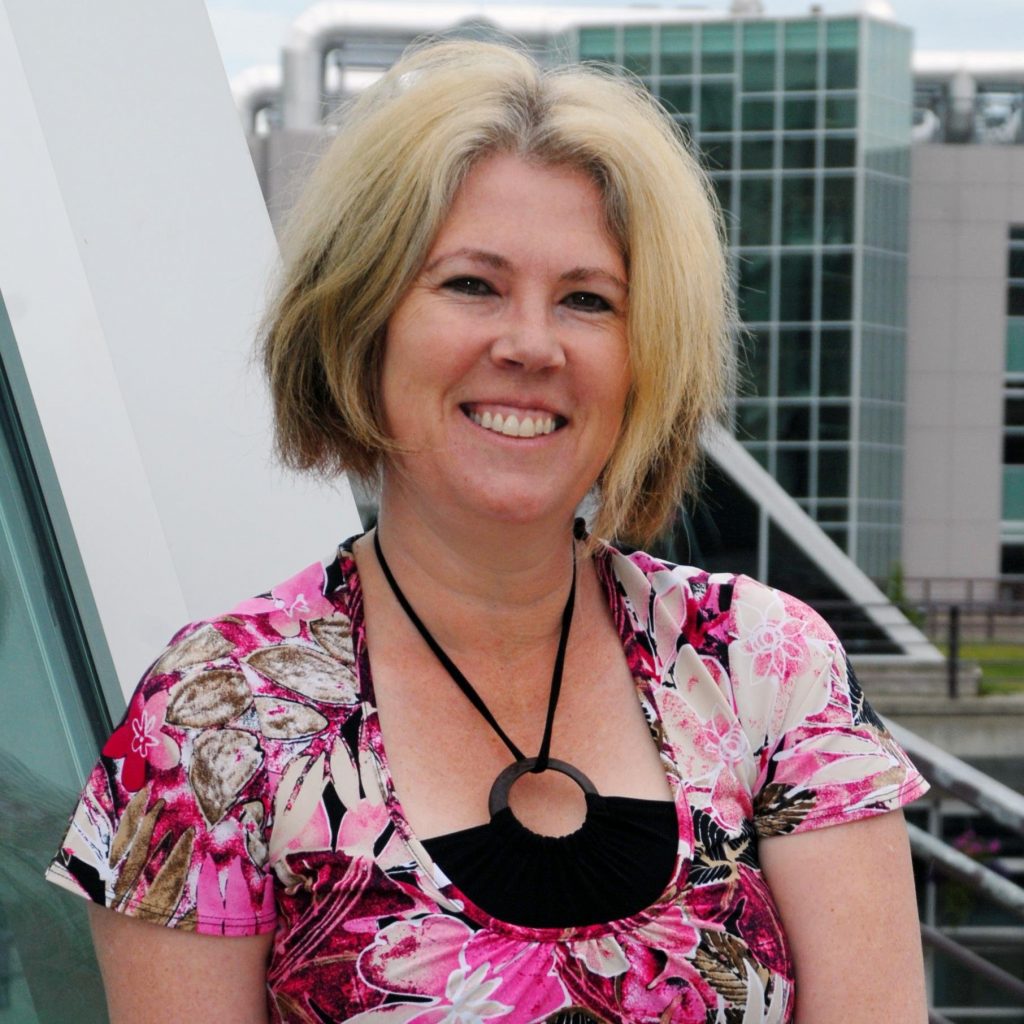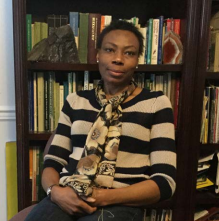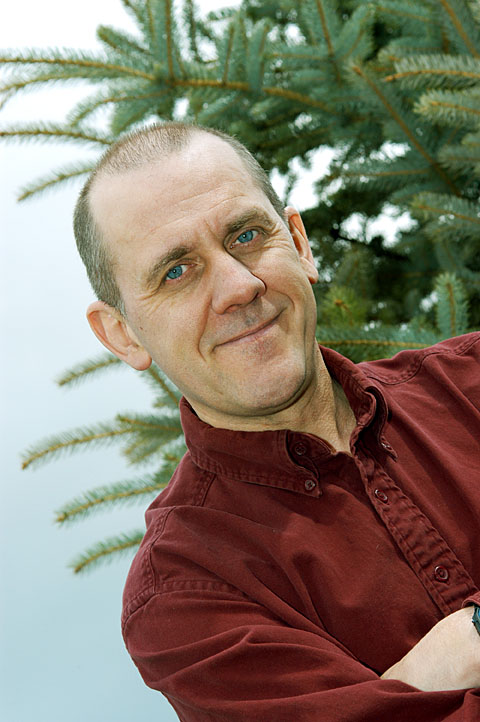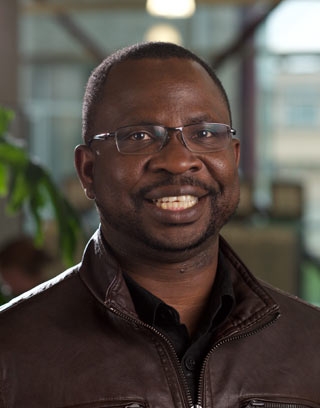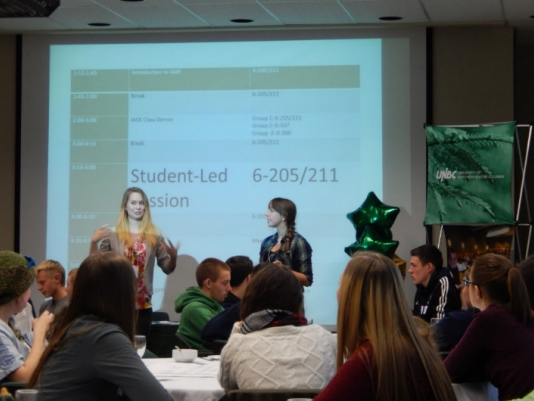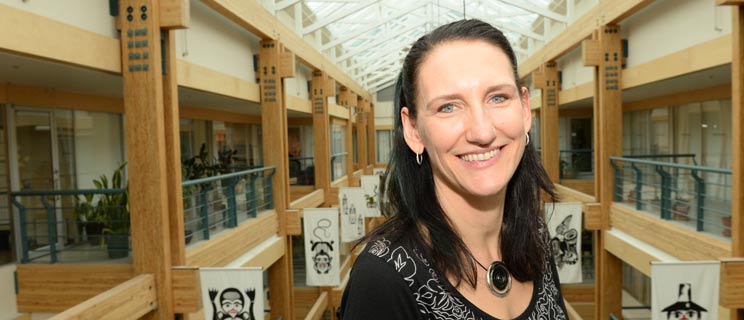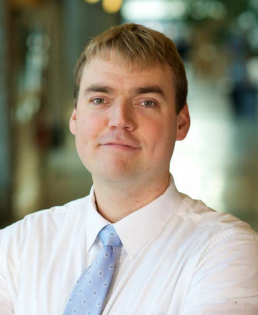Umesh Parshotam
Department of Chemistry
To facilitate acquisition of content knowledge in first year students, you need to develop students’ skills sets. Therefore I incorporate things such as a Lego activity, and element autobiography writing exercise to develop writing and information literacy skills; case studies, concept questions and in-class demos to develop problem solving skills and to engage students in class. Teaching first year means covering content and developing skills to help students learn. For teaching students how to focus on details in questions, I use the quote from a friend “Big clues in small places”. Developing skills means “Practice! Practice! Practice!”

